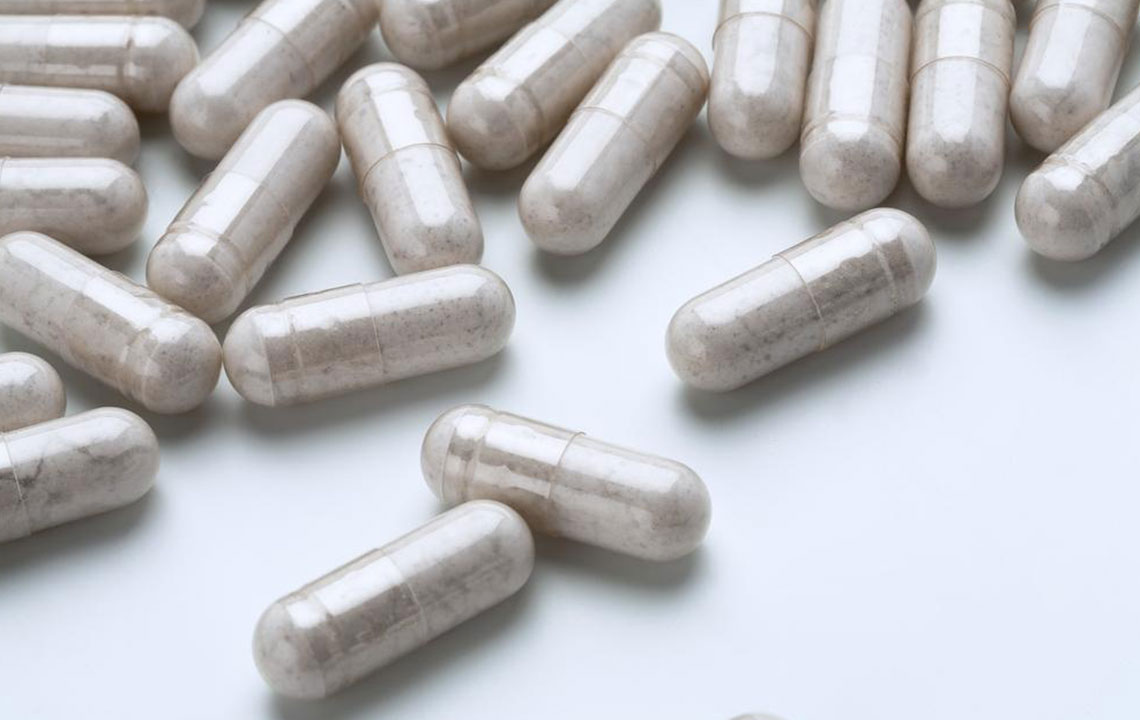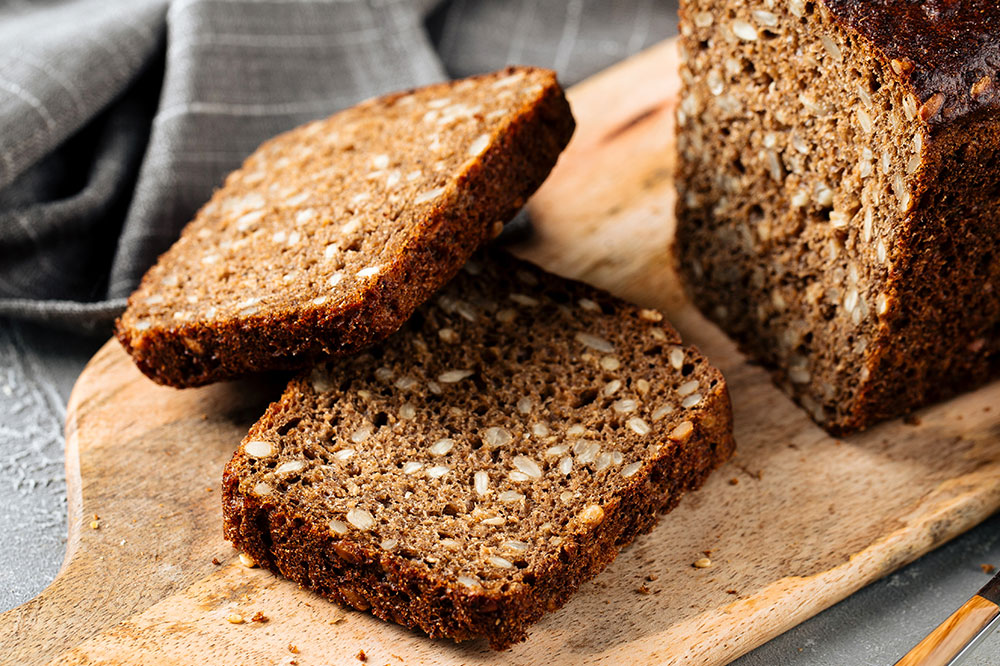Managing Crohn’s Disease with Probiotics: Restoring Gut Balance
This article explores how probiotics can aid in managing Crohn's disease by restoring gut bacteria balance. It covers causes, symptoms, dietary recommendations, and safe use of probiotic supplements. Emphasizing the importance of medical guidance, it highlights probiotics' role in symptom management and the need for personalized treatment plans to maintain digestive health effectively.
Sponsored

Crohn’s disease, a type of inflammatory bowel disorder, is increasingly affecting more individuals worldwide. Characterized by symptoms like abdominal pain, diarrhea, fever, and weight loss, it currently impacts about 3.2 per 1,000 people in Europe and North America. Originally seen mainly in developed nations, the incidence has now risen in developing countries as well. While the exact cause remains unknown, genetic and environmental factors are believed to play significant roles.
Research indicates that inherited genetics and environmental influences contribute to Crohn’s. Those with relatives affected by the disease or who smoke are at higher risk. Interestingly, industrialized nations report higher cases, though no definitive environmental cause has been identified. Despite ongoing efforts, no cure exists, making symptom management essential.
Recent advancements highlight the potential of probiotics—beneficial bacteria—in helping Crohn’s patients. These probiotics support the balance of gut microflora, aiding in the growth of healthy bacteria. They can be taken through probiotic-rich foods like yogurt or specialized supplements prescribed by healthcare providers. While probiotics don’t cure Crohn’s, they’re considered an effective tool for maintaining digestive stability. A healthy gut typically hosts around 400 types of beneficial bacteria that aid digestion and suppress harmful bacteria. Disruptions in this balance can lead to digestive issues, which probiotics may help mitigate.
For natural probiotic intake, yogurt remains a popular choice. Incorporating fiber-rich fruits and foods into the diet may also be beneficial. Patients should avoid alcohol and smoking, as these can exacerbate inflammation. Those intolerant to lactose might opt for supplements. Since individual conditions vary, dietary changes should be tailored to each person’s needs under medical guidance.
Although probiotic use is gaining popularity, it should be approached cautiously. Always seek doctor approval before starting supplements, and choose products from reputable brands. Beware of fake or poorly manufactured probiotics claiming unreal benefits. Possible side effects include mild bloating, gas, or skin reactions. Staying well-hydrated is important, and any severe or persistent symptoms should be discussed with a healthcare professional.
Patients advise introducing probiotics gradually, starting with a single dose and increasing slowly. Combining probiotics with dietary adjustments under medical supervision can enhance outcomes. Importantly, self-medicating without professional advice can worsen the condition, so consultation is essential for safe and effective use.






